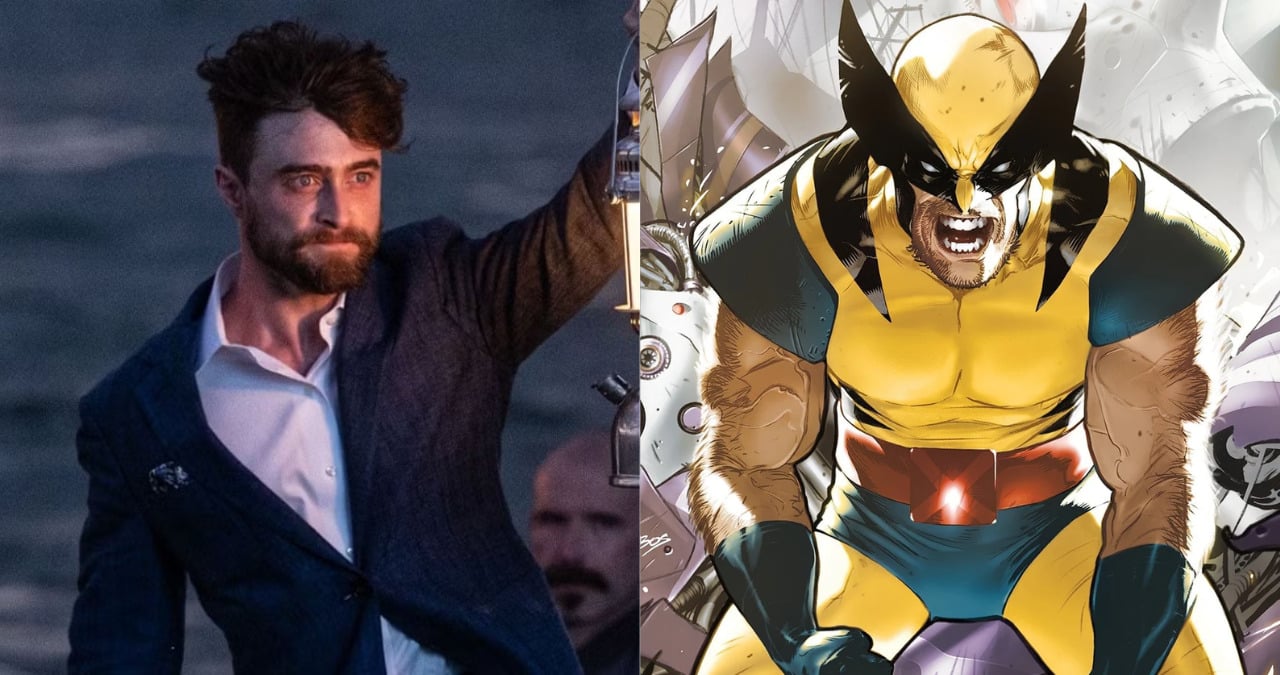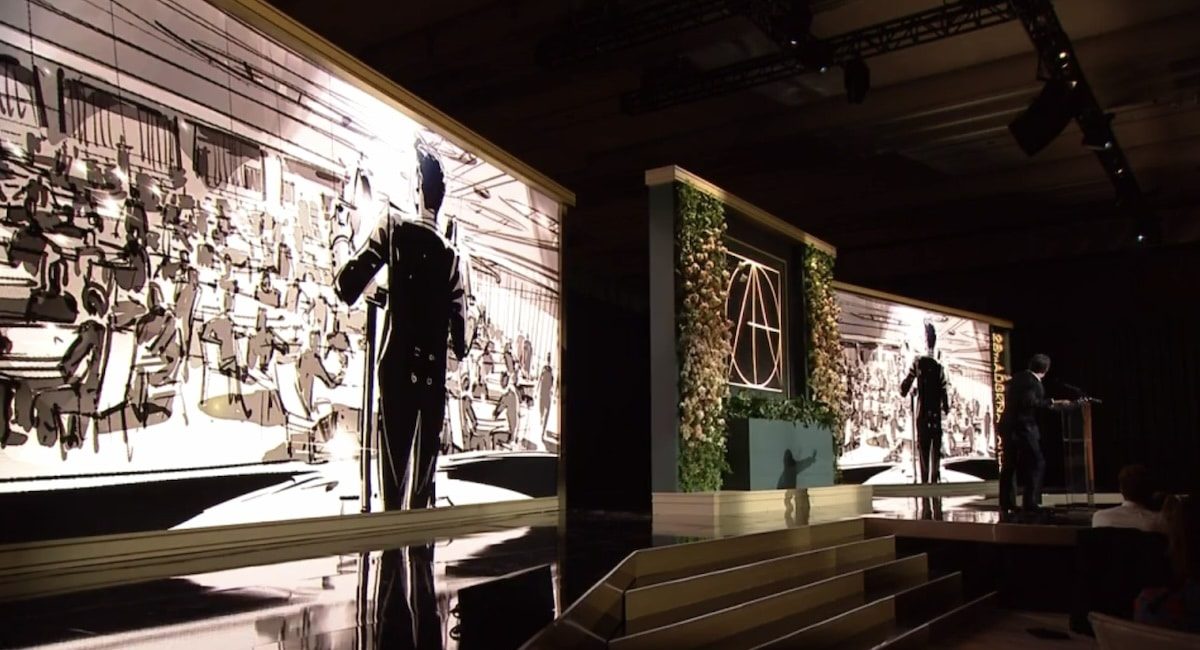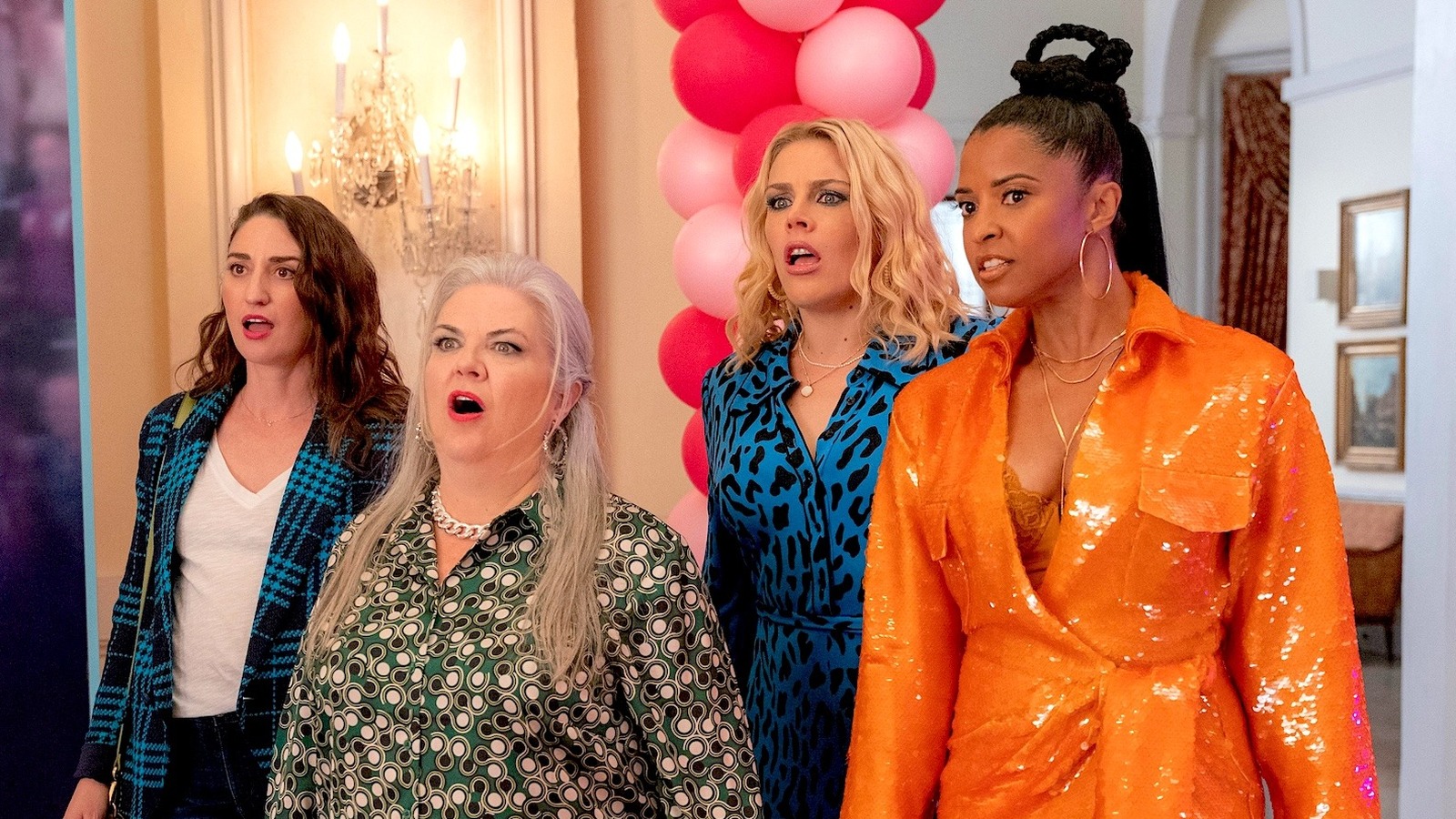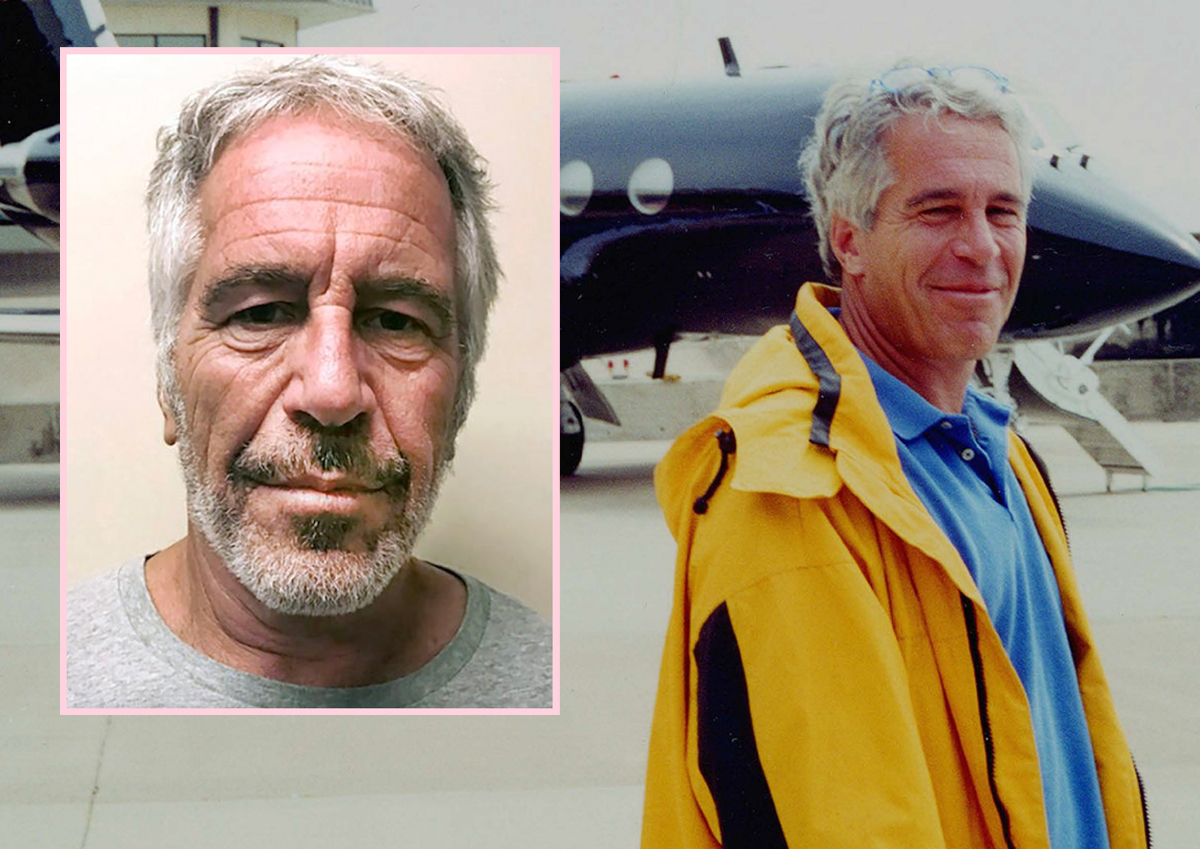Written and posted by Larry Gleeson
February 5th, 2025, The annual TCM 31 Days of Oscar is featuring notable films in a category, Best Original Story, that fell by the wayside in 1956. Best Original Story is often correlated with a film’s treatment. Today the Academy of Motion Pictures bestows Oscars for Best Original Screenplay, and Best Adapted Screenplay. Out of the seven films screening today ; The Doorway to Hell (1930), One Way Passage (1932), Manhattan Melodrama (1934), Action in the North Atlantic (1943), The Stratton Story (1949), Love Me or Leave Me (1955), and The Brave One (1956), I selected One Way Passage (1932), a Pre-Code film based on the story by Robert Lord.
One Way Passage is a Warner Brothers Production, directed by Tay Garnett, that tells the doomed story of a dying heiress, and a charming and sophisticated criminal who meet and fall in love on an ocean voyage to San Francisco without knowing each other’s secret. William Powell (The Thin Man (1935), My Man Godfrey (1937), portrays the criminal, Dan Hardesty, and Kay Francis (Passion Flower (1931), Trouble in Paradise (1932), portrays, the terminally ill heiress, Joan Ames. Powell and Francis made six films together with One Way Passage being their final film. Many dedicated cinephiles consider One Way Passage their finest work and one of the great love stories on the big screen.
Dan and Joan initially meet in a Hong Kong bar over a spilled drink. One of the dynamics that make the opening of the film so special is the cinematography and camera movement showcasing the idiosyncratic bar performers and bartender and it’s capped off with Joan turning around so the camera captures her in a stunning Hollywood medium close up. The two engage highbrow dialogue. And “trust that luck will come again.”
As Joan and Dan begin to separate with a troubled look overtakes her face and she quickly turns away. Dan is left standing with a bewildered and rueful look before turning and walking out of frame. The camera cuts back to Joan as she slowly watches Dan walk away. In a reverse angle shot Dan turns and looks over the swinging bar door. The camera cuts to a close up of Dan looking towards Joan before tipping his hat. Joan looks ecstatic waving as her friends call out her name to rejoin the group. She does to the chagrin of Dan who turns with a gun poking his ribs. Dan is caught by Steve Burke (Warren Hymer) after eluding arrest in Berlin. Burke has strict orders to return Dan in handcuffs to San Francisco aboard a luxury liner, the S.S. Maloa.
Once on board the S.S. Maloa, in a cunning move, Dan manages to have his handcuffs removed and reconnects with Joan. The luck has come back. Seeing Francis and Powell acting together is magic. In what could have been a tragic, sad, and grim story, Garnett manages to soften it with a touch of camp and a bit of screwball comedy through character development and snappy dialogue. In addition to Dan, Joan, and Steve, Frank McHugh (Mystery of the Wax Museum (1933), The Roaring Twenties (1939) portrays Skippy, one of those character types that adds those colors as is Barrel House Betty, pretending to be a countess, portrayed by Aline MacMahon, (Gold Diggers of 1933, Kind Lady (1935). With a runtime of 68 minutes One Way Passage utilizes impressive pacing that doesn’t miss a beat. What unfolds is an elegant, highly watchable, Pre-Code, Depression-era film with an unpredictable conclusion. Highly recommended.














:max_bytes(150000):strip_icc():focal(742x275:744x277)/taylor-swift-travis-kelce-timeline-092523-tout-669c64f9a1c0492ab5c8853b508a9996.jpg)








